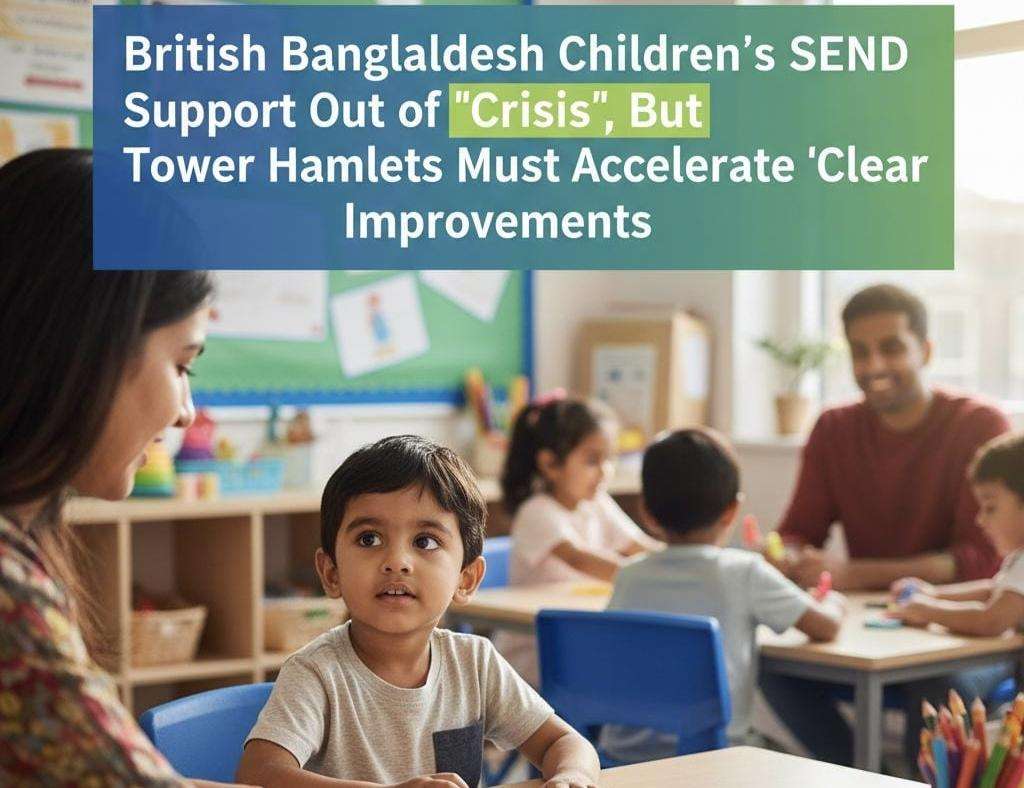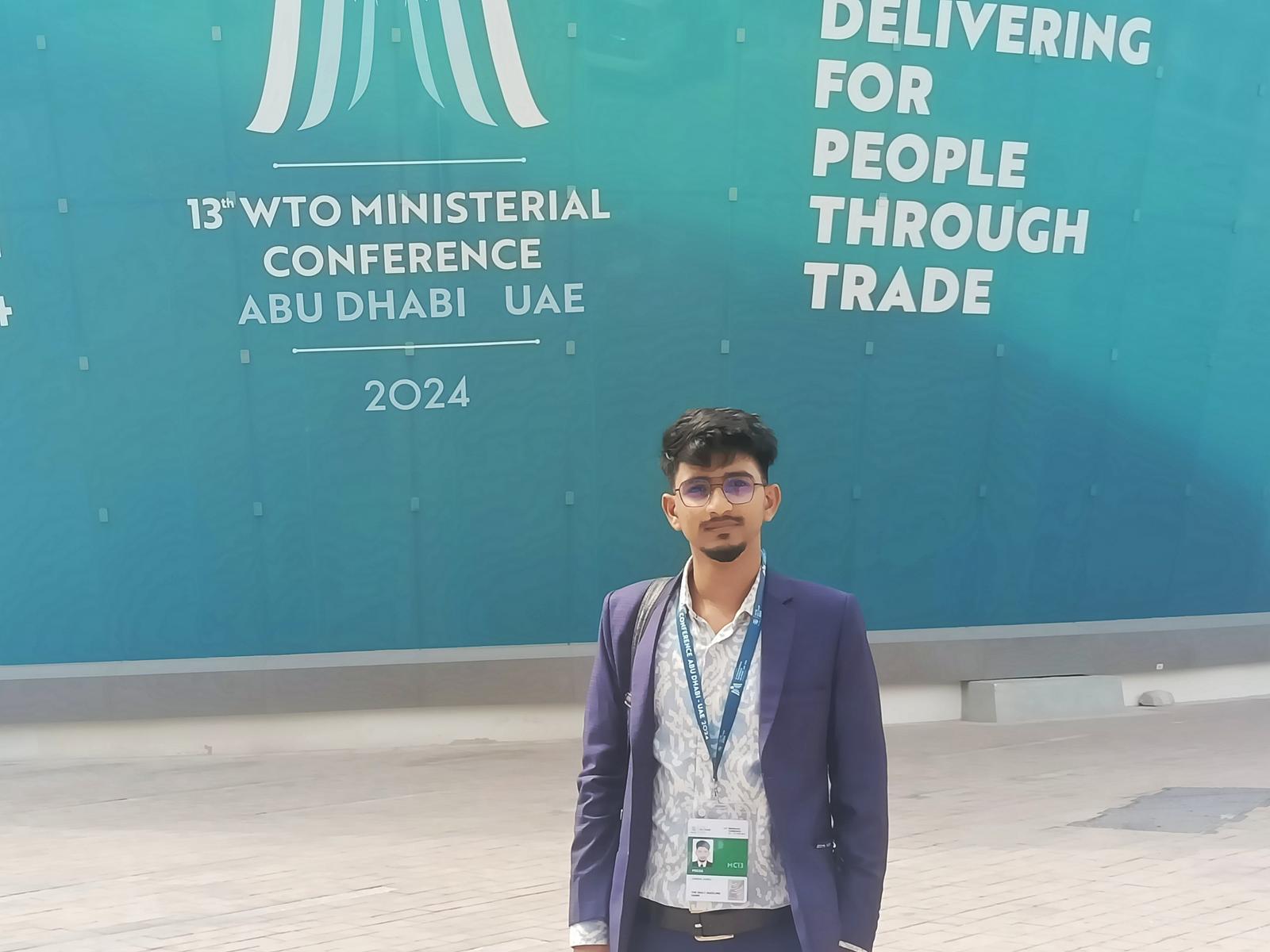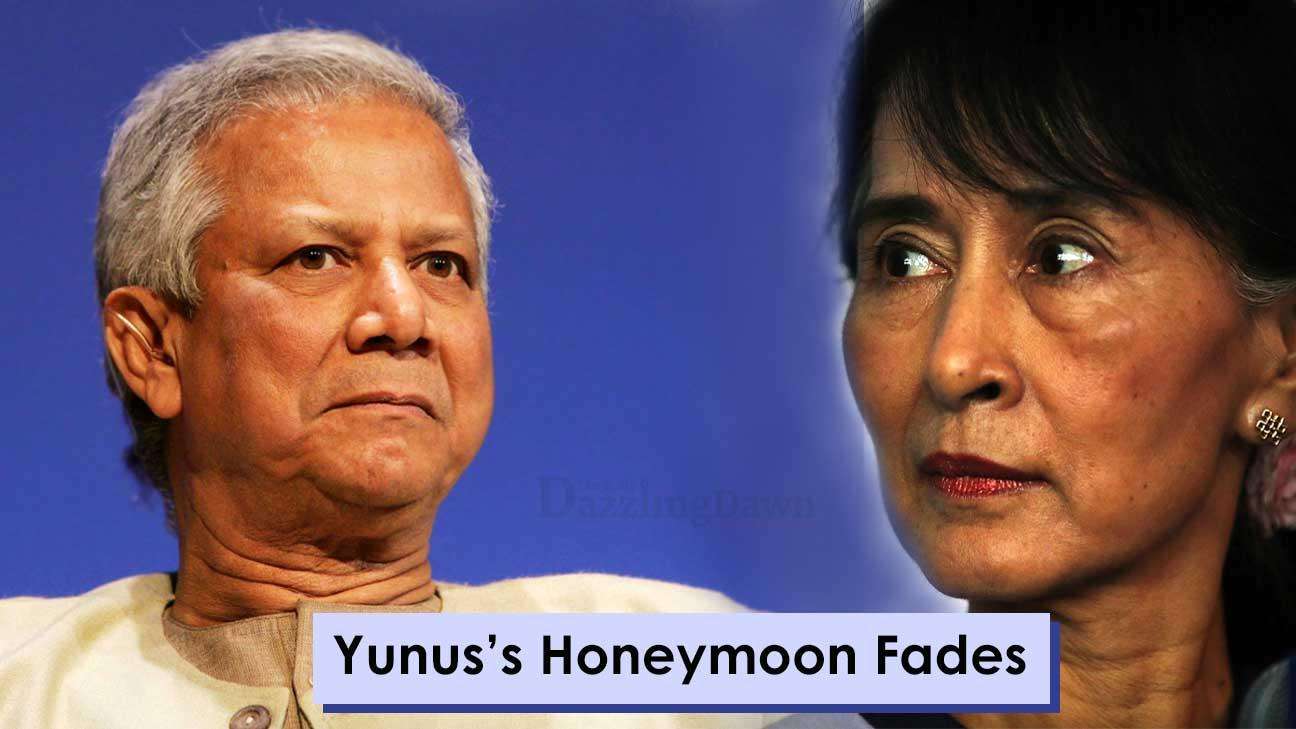The paths of two Nobel Peace Prize winners, Aung San Suu Kyi of Myanmar and Dr. Muhammad Yunus of Bangladesh, have converged in a dramatic and often tragic dance with political power, each under the powerful gaze and influence of the global community. While one languishes in a military-run prison, the other grapples with the immense weight of a nation’s expectations, and both stories serve as cautionary tales about the transition from civil society icon to political leader.
The world's focus has once again been drawn to the plight of Myanmar’s ousted leader, Aung San Suu Kyi, as her health reportedly deteriorates in prison. Her son, Kim Aris, has issued a desperate plea to the international community, revealing his 80-year-old mother is suffering from a worsening heart condition and has been denied access to an independent cardiologist. Held in solitary confinement since the military coup in February 2021, her situation has been described as "cruel and life-threatening" by her son. The once-revered symbol of Myanmar’s pro-democracy movement, now serving a 27-year sentence on what are widely condemned as politically motivated charges, is a stark example of a political life consumed by an authoritarian regime.
Meanwhile, in neighboring Bangladesh, another Nobel laureate, Dr. Muhammad Yunus, is navigating a far different but equally challenging political landscape. Appointed as the Chief Adviser of an interim government in August 2024 following a student-led uprising that toppled the long-ruling administration of Sheikh Hasina, Dr. Yunus arrived with a wave of hope. His reputation as a global development figure and founder of Grameen Bank, a pioneer in microfinance, promised a new era of reform and good governance.
However, more than a year into his tenure, public optimism has waned. The initial high hopes for swift change and reform have been met with a more complex reality. While Dr. Yunus’s government has initiated some promising reforms, including the establishment of commissions to overhaul the judiciary and police, and the announcement of elections for February 2026, the administration faces significant hurdles. Reports from organizations like Human Rights Watch suggest that the government is "falling short" on its human rights agenda. The promised trials for those responsible for the violence during the 2024 protests are moving slowly, and concerns remain about impunity for past abuses. Furthermore, the administration, comprised of technocrats rather than seasoned politicians, has struggled with the practicalities of governing and building popular consensus. There are reports of a growing sense of disillusionment among the populace, who feel their concerns are not being adequately addressed by a government that seems distant from the ground realities of a tumultuous political climate.
A Cautionary Comparison: Lessons from a Life in Chains
The contrasting fortunes of these two Nobel laureates offer a compelling lesson for Dr. Yunus and his government. Aung San Suu Kyi's journey, from a beloved icon to a politically compromised leader who faced international criticism over her handling of the Rohingya crisis, before being ultimately imprisoned, is a powerful reminder of how political power can corrupt and consume even the most celebrated figures. Her political life, in which she was forced to make difficult compromises and faced moral failures, ended with her becoming a political prisoner. Her health crisis is a grim testament to the personal cost of her political struggle.
For Dr. Yunus, the lesson is clear and urgent. His administration, which came to power on the back of popular demand for a clean break from the past, must avoid the traps of political insularity and public disconnect. Aung San Suu Kyi's eventual fall from grace at home and abroad demonstrates that a celebrated past is no guarantee of political success. The goodwill he enjoyed a year ago is fragile and can easily be eroded if his government fails to deliver on its core promises of justice, institutional reform, and transparent governance. While Aung San Suu Kyi's story is one of struggle against an oppressive military, Dr. Yunus's challenge is to build a functional and responsive democracy from the ground up, a task that requires not just intellectual prowess but also a deep connection to the people he serves. Failure to do so could risk squandering a historic opportunity, much like the democracy movement in Myanmar was ultimately suffocated by the very forces Aung San Suu Kyi once stood against.








.svg)
